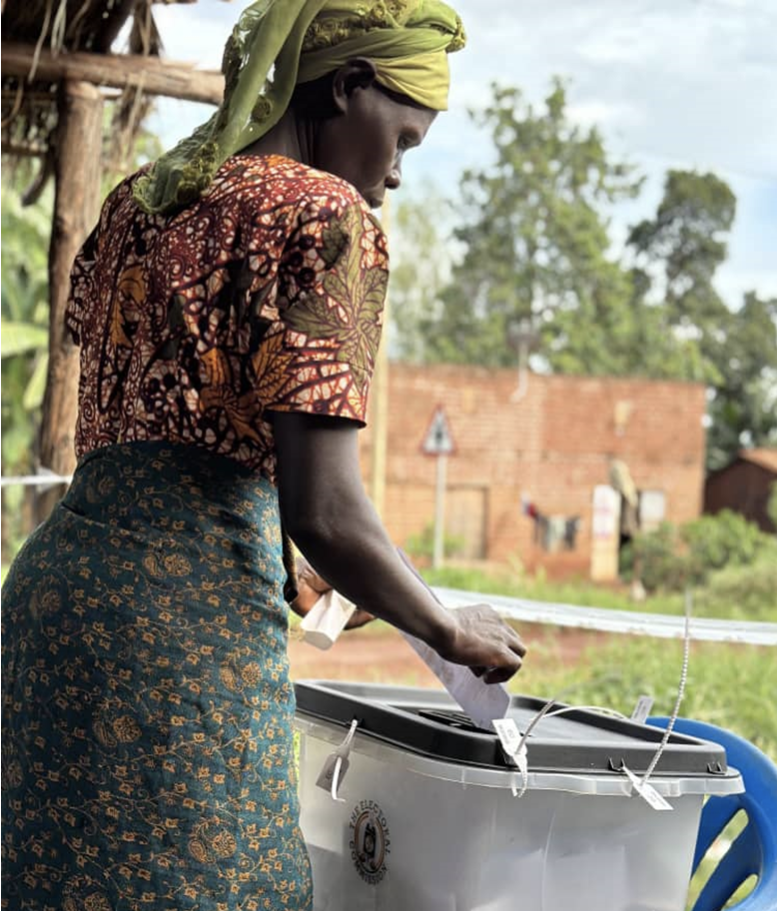
Uganda’s Path to Democratic Reform: The Imperative of Constitutional and Electoral Changes.
The need for comprehensive constitutional and electoral reforms is more pressing than ever, as the country seeks to strengthen its democratic institutions and ensure the voice of every Ugandan is heard, respected, and accurately represented. The discourse surrounding these reforms touches the very core of Uganda’s future political stability and the safeguarding of human rights.
A more equitable distribution of authority is essential to prevent the concentration of power in a single entity, which history has shown can lead to abuses and the erosion of democratic norms. Moreover, amendments to term limits and age restrictions for presidential candidates are hotly debated topics. These discussions are not just about the parameters of political participation but are fundamentally about ensuring that leadership renewal and the dynamism of new ideas are intrinsic to Uganda’s governance model.
Electoral reforms, on the other hand, focus on enhancing the credibility and fairness of Uganda’s electoral process. The integrity of elections is the bedrock of any democracy, and in Uganda, this requires significant attention. Issues ranging from voter registration, the independence of the Independent Electoral Commission, to the transparency of the vote counting and results announcement processes, are critical areas needing reform. Ensuring that elections are free from manipulation and reflect the true will of the people is crucial for the legitimacy of those elected to govern.
Furthermore, the role of security forces during elections has been a contentious issue. The military has increasingly taken a central role in elections in Uganda. Elections have increasignly become violent, while the millitary and other security forces have become more visible and active protagonists in electoral contests at all levels. The call for reforms includes ensuring the law is ammended to provide for punitive punishments for security personnel who engage in partisan politics, perpetuating violence and commiting irregularities for different candidates during elections. Relevant bodies should ensure that the military and other security bodies are neutral stakeholders in the electoral process, rather than actors that may influence the outcome unduly. The presence of security forces should guarantee the safety and security of the electoral process, not intimidate voters or suppress dissenting voices.
Civil Society Organizations in Uganda, along with international observers, have long advocated for these reforms. Their relentless pursuit of a more democratic Uganda is commendable. However, the path to realizing these changes is fraught with challenges. It requires a concerted effort from all segments of Ugandan society—political parties, civil society, the international community, and most importantly, the Ugandan people themselves.
The implementation of comprehensive constitutional and electoral reforms is not merely a step towards enhancing democratic governance in Uganda. It is a leap towards ensuring that future generations inherit a country where the rule of law, human rights, and justice are not just ideals but realities. THE TIME FOR THESE REFORMS IS NOW. Delaying them only perpetuates the status quo, leaving the door open for social unrest.
Uganda’s quest for democratic reform is both noble and necessary. Through meaningful constitutional and electoral reforms, Uganda can pave the way for a more democratic future.



